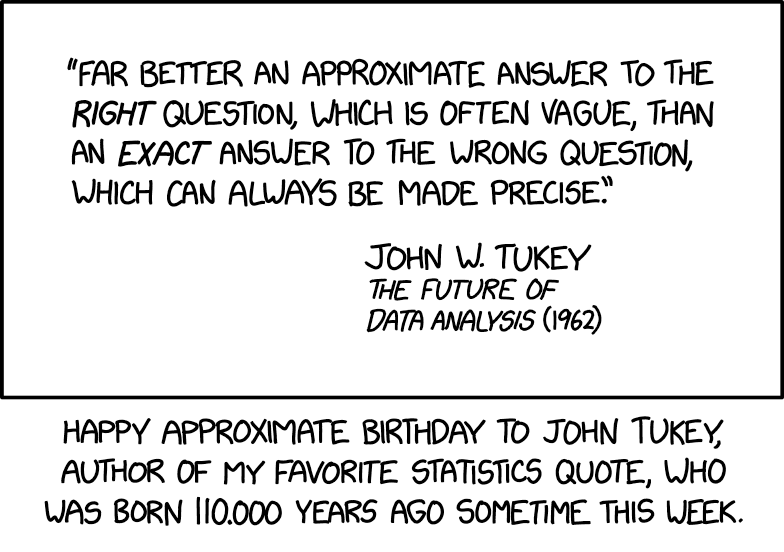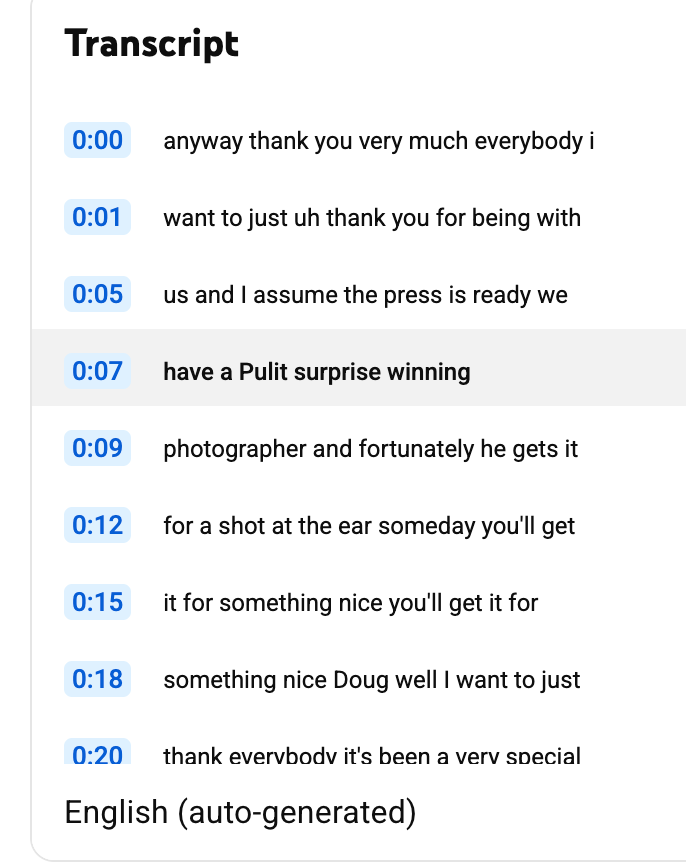Incredulous, incredible, whatever. . .
I thought this use of incredulous in a recent Forbes article was a malapropism for incredible:
If you thought that my May 23 report, confirming the leak of login data totaling an astonishing 184 million compromised credentials, was frightening, I hope you are sitting down now. Researchers have just confirmed what is also certainly the largest data breach ever, with an almost incredulous 16 billion login credentials, including passwords, exposed. As part of an ongoing investigation that started at the beginning of the year, the researchers have postulated that the massive password leak is the work of multiple infostealers. [emphasis added]
Read the rest of this entry »





